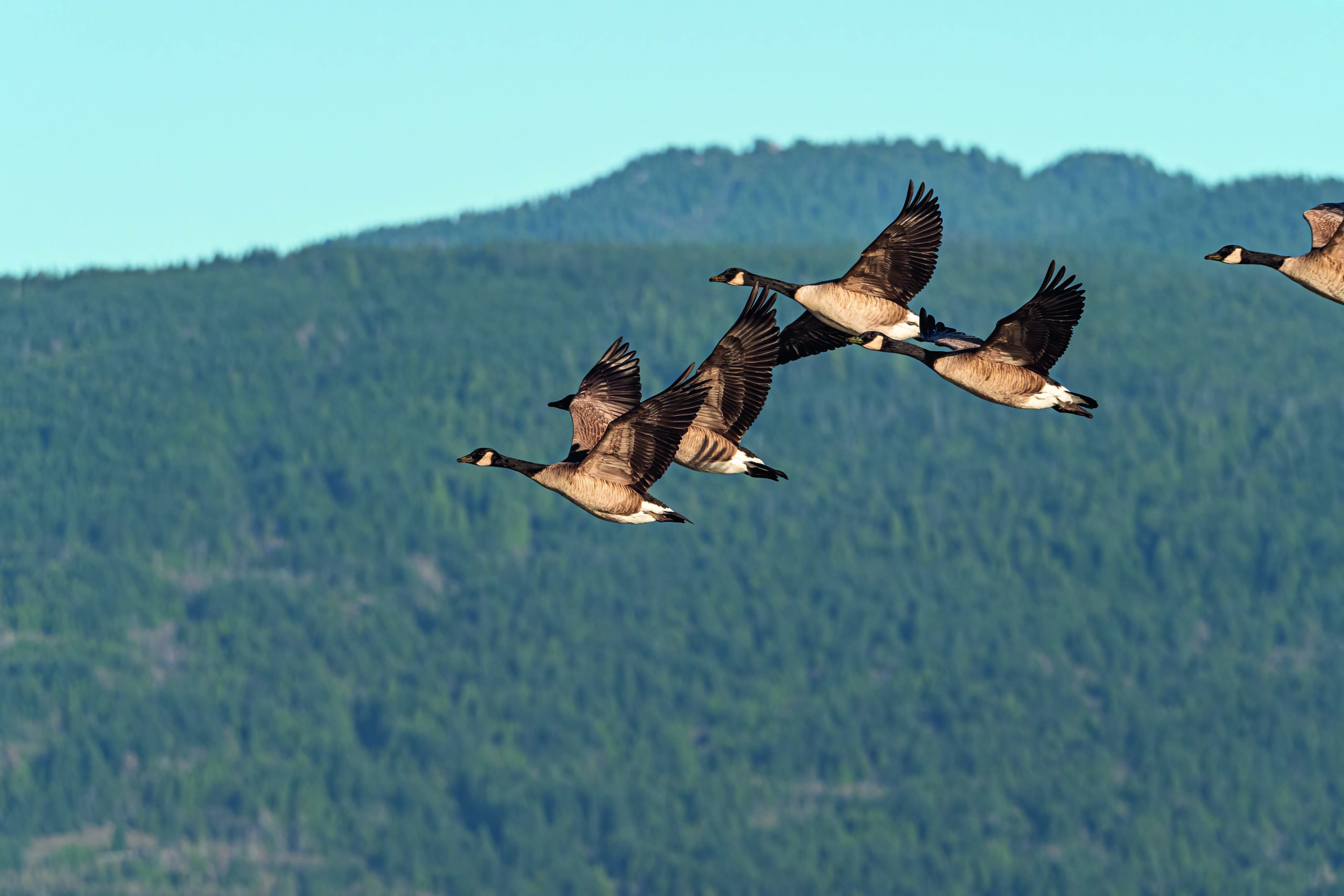Defra to reissue wild bird control licences unchanged
There is relief within the industry that Defra has announced general licences 40 to 42 will be renewed but restriction concerns remain.

Shooting groups have praised Defra’s recent decision to renew three wild bird control general licences when the current versions (GL40–42) expire on 31 December 2023.
Defra has confirmed that it is not currently planning to make any changes and will replicate the existing GL40–42 conditions in the new licences. This new raft of licences will be valid for two years, starting from 1 January 2024.
GL40 allows the killing of certain species of bird for conservation purposes, GL41 allows the killing of select species to preserve public health or public safety and GL42 allows the killing of birds to prevent serious damage. This set of general licences allows the control of birds that would otherwise be protected, such as the Canada goose, Egyptian goose, monk and ring-necked parakeets, sacred ibis and several members of the corvid family.
This timely renewal of general licences is in stark contrast to the GL43 controversies from earlier this year, when GL43 was renewed with a substantial change relating to the release of gamebirds within 500m of Special Protection Areas (SPAs) and Special Areas of Conservation (SACs).
The lack of clarity and the need to apply for individual exemptions threatened the existence of numerous shoots and the livelihoods of those involved in their running.
Glynn Evans, BASC’s head of game and wildlife management, said: “Defra’s confirmation regarding the reissuing of these important licences is welcomed. These licences permit essential control of certain bird species across several key areas.
“Anyone carrying out control under the authority of any general licence must comply fully with the terms and conditions of that licence. It is important to remember there can be substantial differences between general licences.”
Defra has also advised that it will continue to assess any new and emerging evidence concerning risks associated with the control of wild birds.
Mike Swan, a senior adviser to the GWCT, told ST: “It is encouraging that Defra has made this announcement in good time, so we are not left wondering. It is also good that they recognise the value of continuity by keeping the licences unchanged. However, I am still concerned that the conservation licence in particular is unduly restrictive both in the list of species that may be controlled and the reasons for doing so.”








